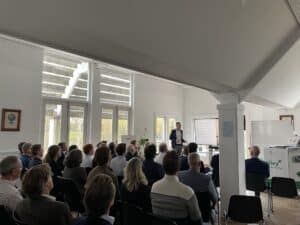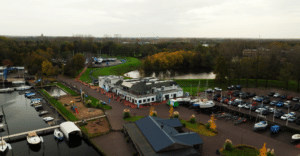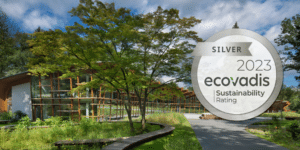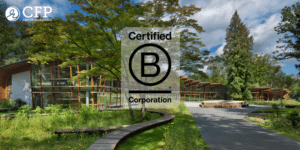
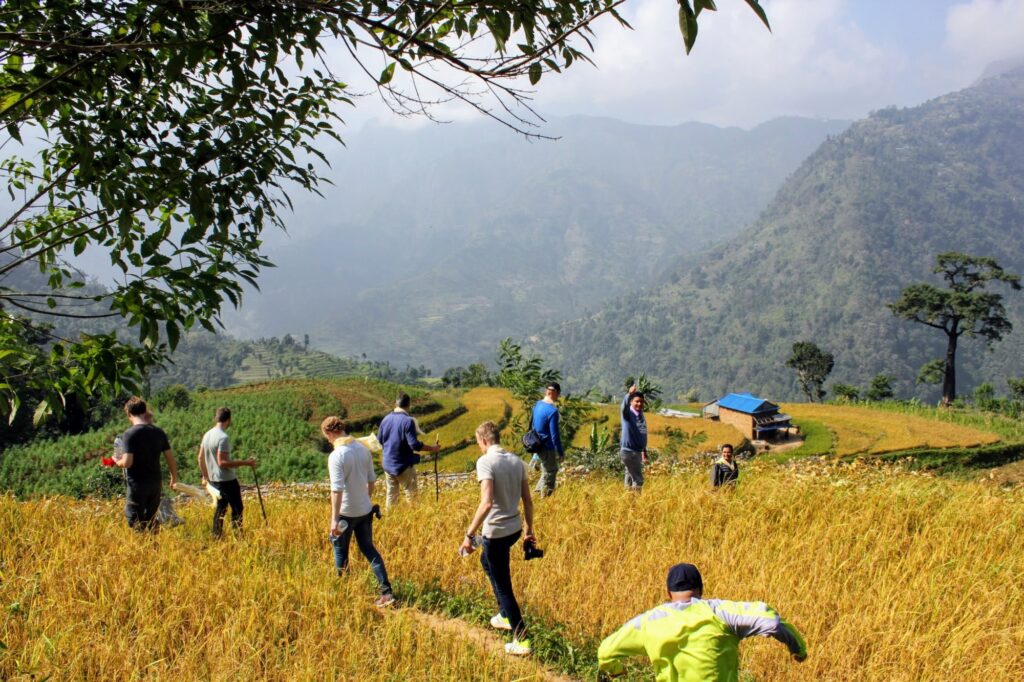
An unforgettable trip to Nepal
Eight donors and CFP staff left for Nepal to visit a number of projects. They could see for themselves how their money was being spent and how the projects were progressing. We spoke to some of the participants.
Nepal
Nepal is known as ‘the roof of the earth’, the land of the Himalayas. A beautiful country with lots of green and an impressive jungle. Hein Wegdam, one of the participants, says: ‘It is a beautiful country, but there is little service provision and the economy is very poor. Therefore, a lot of people are moving away, because there’s no money to be made.’ Jan van Noordenne adds: ‘We are very fortunate in the Netherlands, and it’s good to see how things are in other parts of the world. You can make a huge impact with relatively little. And not only by giving money, but in other ways too.’
The visit to the projects
‘Our reception at the projects was very special. I had no idea what to expect, but we were very gratefully welcomed with wreaths of flowers, music, delicious food and rehearsed dances. This made us feel appreciated. The inhabitants were extremely hospitable and really valued our arrival,’ says Fabian Marchand. ‘I also found it impressive how people were already prepared for our arrival and for what purpose we were there. They were able to answer our questions properly, including the critical financial questions’, adds Maurice Verkerk.
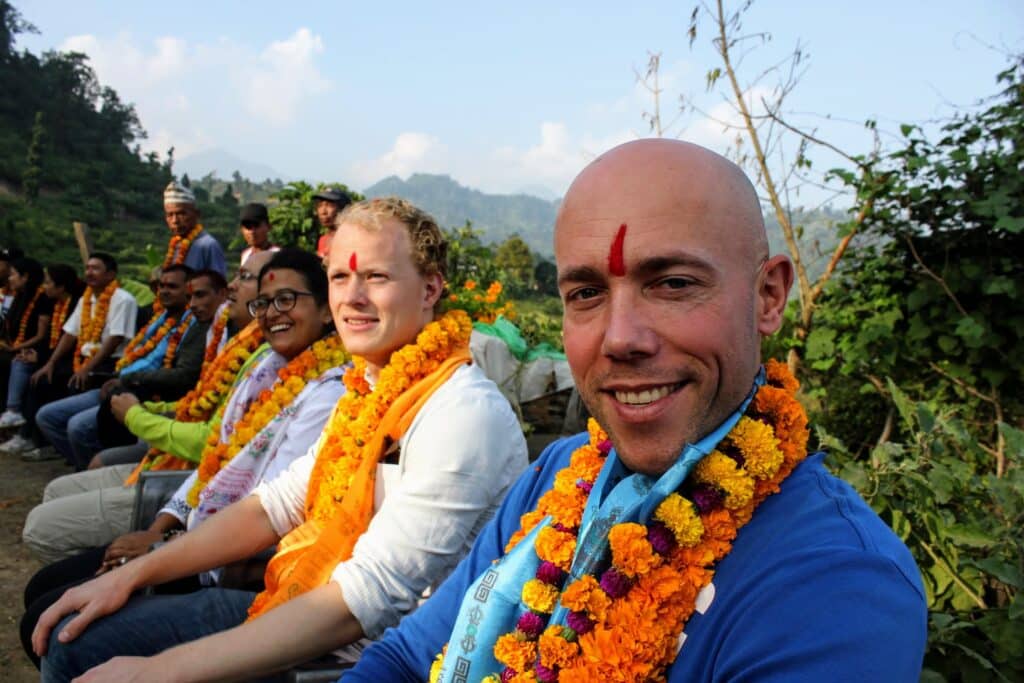
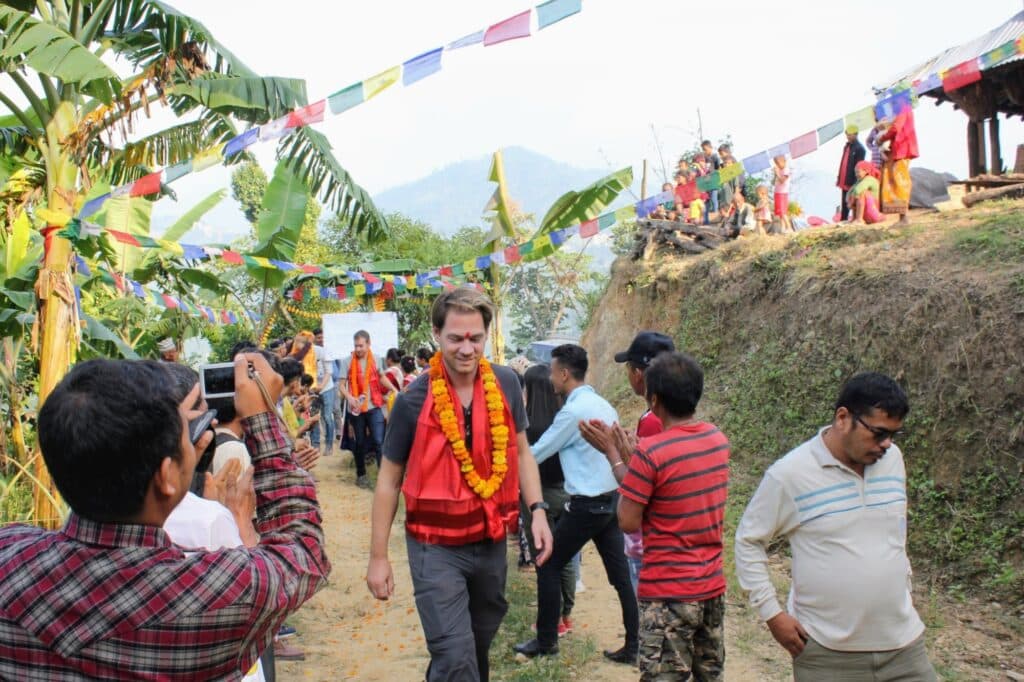
Water and hygiene
Two of the projects visited are aimed at improving the living conditions in the villages. We visited a water and sanitation project in the Kiratikhola and Gundi community. Hein explains: ‘Water is so important, it’s a basic need. You can live without power (which they do), but water is really crucial. For drinking, of course, and for good hygiene, but also to grow crops and therefore for food.’
Ecotourism in Tangting
The final project visited involved setting up ecotourism in Tangting. Fabian: ‘What makes the ecotourism project interesting is that it tackles a large-scale problem. It may take longer to set up, but the aim is to prevent the population from leaving rural areas to earn money elsewhere (often in the Middle East and in appalling conditions). This project teaches people to use their beautiful surroundings in an entrepreneurial way. It can provide both the culture and the inhabitants with a long-term future.’ Maurice also found the project in Tangting impressive: ‘What we are doing in Tangting is our own initiative and that is something new. And really fitting for such a beautiful mountain village. They’re so serious! They’re already attracting real tourists, so things are starting to move. And we’ve been involved in every aspect.’
Taking a piece of Nepal back to the Netherlands
Taking a piece of Nepal back to the Netherlands
‘I’m taking home a good feeling and confidence’, says Maurice. ‘By visiting the projects yourself, you can see how seriously they are involved. They asked us a lot of questions and wanted to exchange ideas with us about how they could best do certain things. I am now convinced that the projects will be successful in the future, even long after we have finished them.’ Jan concludes: The hospitality and satisfaction of the people – I’ll take that home with me too. In the Netherlands, there’s just too much moaning [laughs].’
 Cooperation Unica Foundation and Shanti Griha
Cooperation Unica Foundation and Shanti Griha
Berber Veenstra, consultant at CFP, tells us more about the setting up of the projects. ‘The collaboration with the Unica Foundation and Shanti Griha is very special. They had already done preliminary research in these regions and this created trust among the villagers (and us). Because they will be monitoring the projects from now on, it will also be easier for the villagers to ask questions. As a result, things are less likely to stagnate and new action points are more likely to be taken up.’
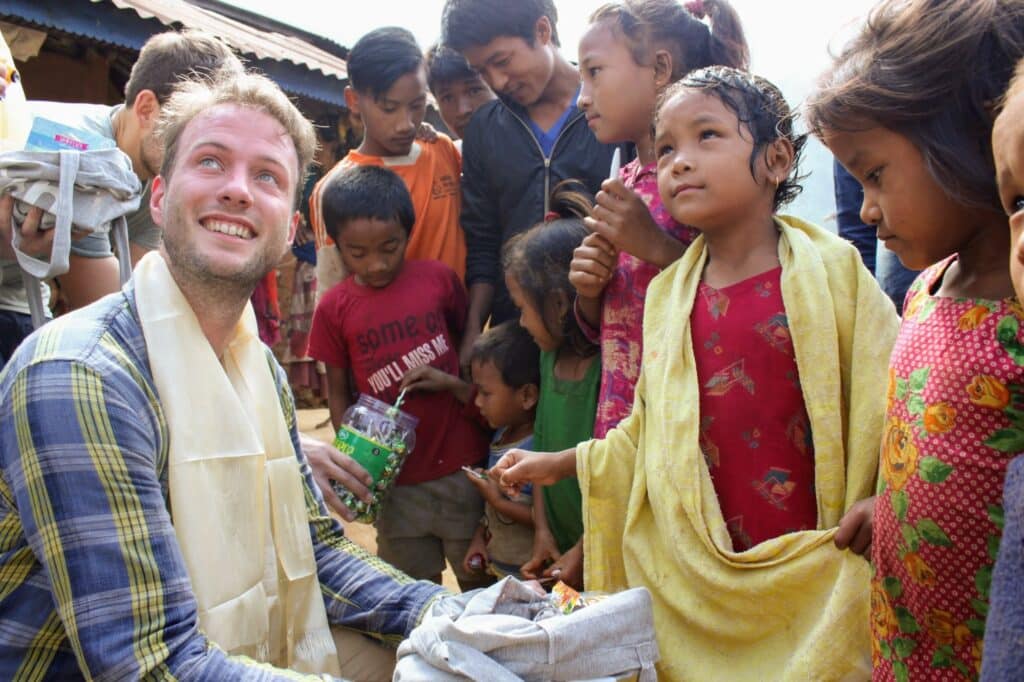
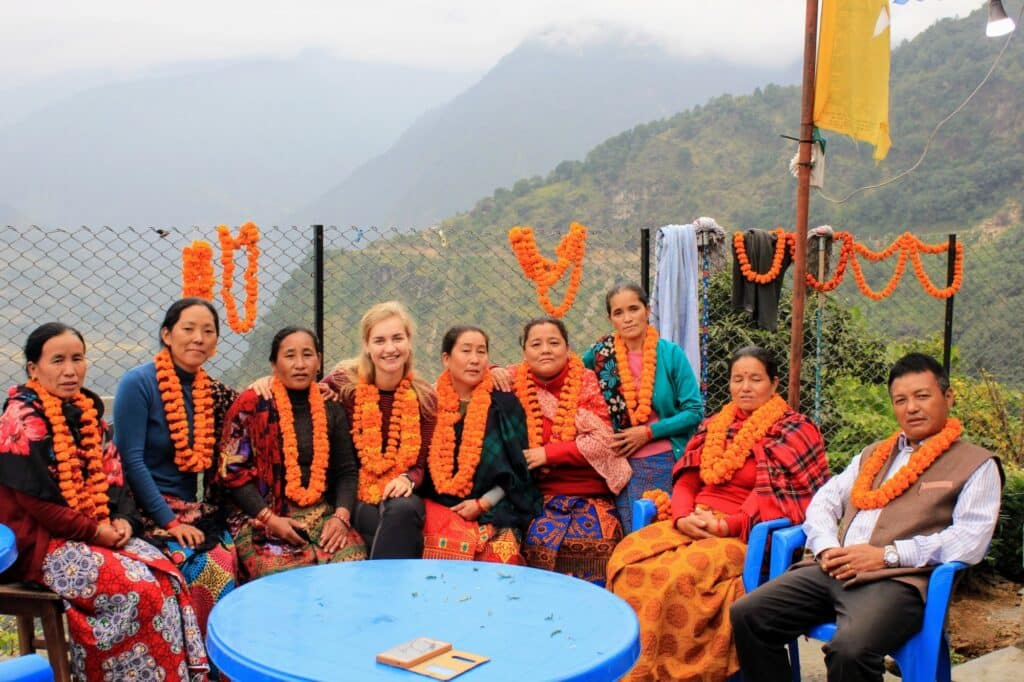
 Cooperation Unica Foundation and Shanti Griha
Cooperation Unica Foundation and Shanti Griha



